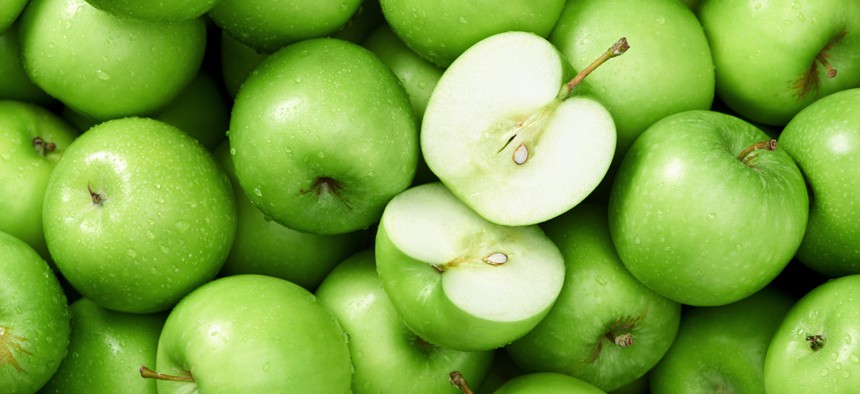A Small Perk at Lunch May Cut Depression at Work

Daxiao Productions/Shutterstock.com
Employers’ small gestures of kindness can have big impacts on employees’ health and work performance, researchers report.
The team specifically examined the effects of employers enhancing the lunches of bus drivers in China with fresh fruit and found that it reduced depression among the drivers and increased their confidence in their own work performance.
“An ultimate solution to improve worker performance and health could be big pay raises or reduced workloads, but when those solutions aren’t feasible, we found that even small offerings can make a big difference,” says Bu Zhong, an associate professor of journalism at Penn State.
According to Zhong, bus drivers are vulnerable to specific health problems due in large part to their stressful working environment, which often includes irregular shift schedules, unpredictable traffic conditions, and random meal times. In addition, the sedentary nature of driving and continuous whole-body vibration contributes to fatigue, musculoskeletal problems such as lower-back pain, cardiovascular diseases, and gastrointestinal issues.
Zhong and his colleagues conducted an experiment with 86 Shenzen bus drivers. During the experiment, on-duty bus drivers got, in addition to their typical box lunch which includes no fruit, a serving of fresh fruit—either an apple or a banana—for three weeks. The cost of the fruit was 73 cents per meal.
The team distributed surveys to the bus drivers at three time intervals—one week before the experiment began, once in the middle of the three-week-long experiment, and one week following the end of the experiment.
The researchers assessed depression with a personal health questionnaire that the US Centers for Disease Control and Prevention recommends. The scale consists of eight items, asking the participants to rate, for example, how often during the past two weeks they felt down, depressed, or hopeless, and had trouble falling or staying asleep.
“Bus drivers reported significantly decreased depression levels one week after the experiments ended compared to one week before it began,” says Zhong.
The team measured self-efficacy—perceived confidence and ability to implement the necessary actions and tasks so as to achieve specific goals—using the 10-item General Self-Efficacy Scale. Items on this scale included, “I can always manage to solve difficult problems if I try hard enough” and “I can usually handle whatever comes my way.”
“We found that self-efficacy was significantly higher in the middle of the experiment week than in the week after the experiment ended,” says Zhong.
Zhong concludes that while eating an extra apple at lunchtime may seem trivial, its impact can be large.
“This research suggests that employees can be sensitive to any improvement at the workplace,” he says. “Before an ultimate solution is possible, some small steps can make a difference—one apple at a time.”
The findings appear in the International Journal of Occupational Safety and Ergonomics. Additional coauthors are from Penn State, Shenzhen University, and the University of Albany.
This article was originally published in Futurity. It has been republished under the Attribution 4.0 International license.
NEXT STORY: DIU brings predictive maintenance to the Navy





